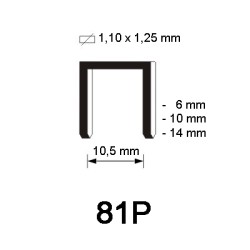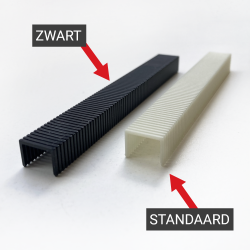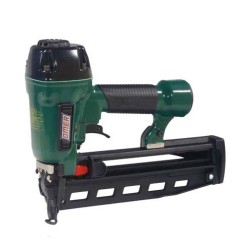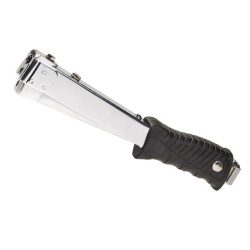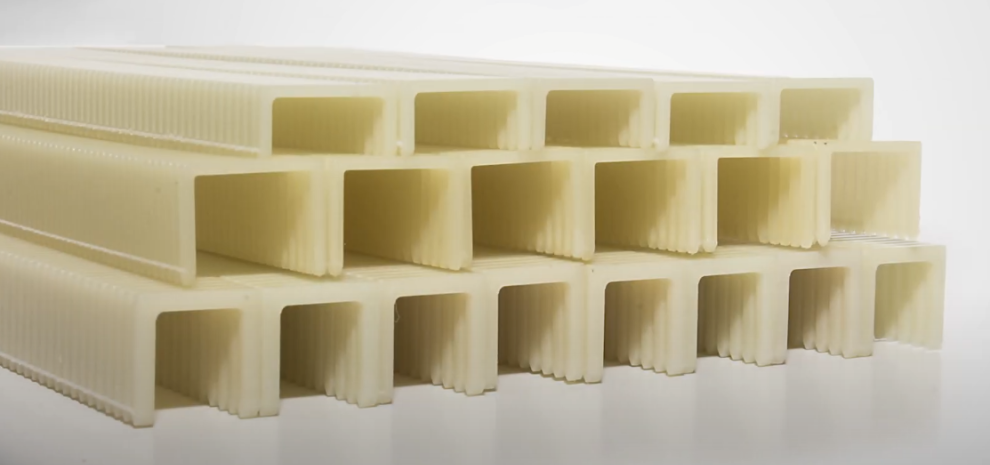
Je ziet het zelden, plastic bevestigingsmateriaal. Toch kan het voor specifieke toepassingen ontzettend handig zijn en in sommige gevallen je zelfs veel geld besparen.
Wat is plastic bevestigingsmateriaal eigenlijk?
De officiële naam voor plastic bevestigingsmateriaal is polymeer composiet bevestigingsmateriaal (ook bekend onder de naam polymer fasteners). Polymeer composiet is het soort type plastic dat gebruikt wordt voor het bevestigingsmateriaal. Deze polymer fasteners zijn 100% metaal vrij en worden gemaakt van een hoogwaardige kwaliteit plastic.
Waarvoor wordt plastic bevestigingsmateriaal gebruikt?
Het plastic bevestigingsmateriaal wordt voornamelijk gekozen voor 2 hoofdredenen:
- Het plastic bevestigingsmateriaal kan gesneden, gevormd en geschuurd worden, zonder dat het zaagbladen, schaven, boorbitjes of schuurbanden beschadigd.
- Plastic bevestiging materiaal zal nooit roesten, vlekken of strepen achter laten op het materiaal.
Als metalen bevestigingsmateriaal je zaagbladen, je freesbitjes, je vandiktebank of je schaaf of schuurbanden beschadigt, dan kan plastic bevestigingsmateriaal de oplossing voor jou zijn!
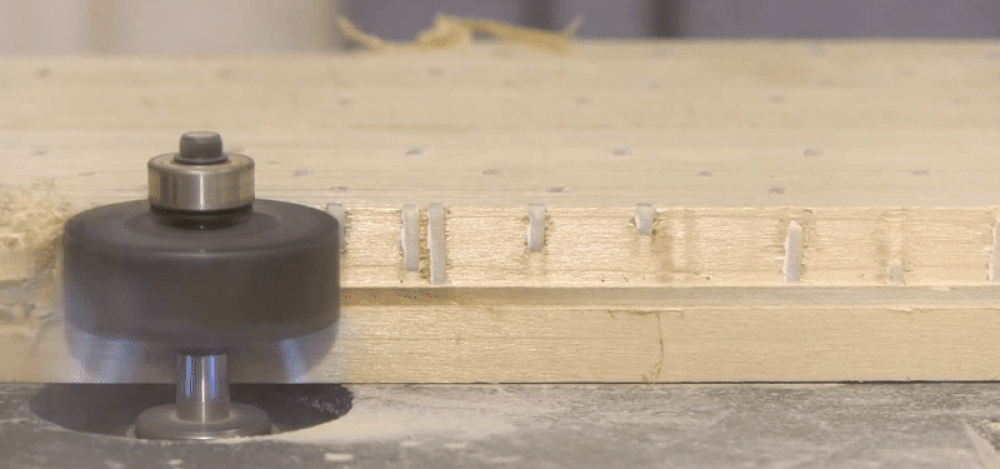
Door het metalen bevestigingsmateriaal te vervangen door polymer fasteners, kan je flink wat geld besparen op:
- Kosten die gemaakt worden voor het repareren van machines
- Kosten die gemaakt worden voor het vervangen van onderdelen
- Kosten die gemaakt worden als productie stil staat
De polymer fasteners worden vaak gebruikt om materiaal permanent te klemmen tijdens het snijden, frezen of schuren.
Ook in projecten waar helemaal geen metaal gebruikt mag worden, zoals bij bijvoorbeeld radiofrequentie lijmen, kan plastic bevestigingsmateriaal een uitstekende oplossing bieden.
Het plastic bevestigingsmateriaal is licht, kan geverfd of gelakt worden en zal niet vonken.
Hoe goed werkt plastic bevestigingsmateriaal?
Plastic bevestigingsmateriaal houdt uitstekend vast! De uittrekwaarde van RAPTOR® polymer fasteners ligt zelfs 2x hoger dan metaal bevestigingsmateriaal.
Dit komt doordat het plastic bevestigingsmateriaal smelt wanneer het in het hout geschoten wordt. Hierdoor bindt het met de vezels van het hout. Daarom werkt de polymer bevestigingsmateriaal eigenlijk als een lijm, waardoor het moeilijker is om het uit het hout te trekken. De schaft van het bevestigingsmateriaal zorgt hierdoor voor de uitstekende uittrekwaarde.

De uittrekwaarde van een metaal bevestigingsmateriaal hangt af van de wrijfweerstand van het materiaal. Dit betekent dat langere metalen bevestigingsmateriaal meer houvast biedt dan korter materiaal. Als het plastic bevestigingsmateriaal voor hout gebruikt wordt, heb je maar 10 mm penetratie nodig in de ondergrond om voldoende houvast te bieden. Bij 10 mm penetratie kan het plastic bevestigingsmateriaal niet meer uit het hout getrokken worden. Om de houtverbinding weer los te maken moet het plastic bevestigingsmateriaal gebroken worden.
Als je het plastic materiaal dieper in de ondergrond schiet, bijvoorbeeld 25 mm in plaats van 10 mm, dan geeft dit geen extra houvast. Wel wordt het door de extra lengte het moeilijker om in het materiaal te schieten. Korter materiaal schiet beter in hard materiaal. Dus kies het kortste bevestigingsmateriaal waarmee je nog steeds 10 mm in de ondergrond kan schieten voor de beste houvast en gemak om te schieten.
Hoewel de uittrekwaarde van plastic bevestigingsmateriaal hoger ligt dan voor metalen gereedschap, is de schuifsterkte maar half zo goed als die van metalen bevestigingsmateriaal. Om deze reden zijn plastic bevestigingsmiddelen bedoeld voor niet-structurele toepassingen, zoals het vasthouden van materiaal tijdens het snijden of om te gebruiken als een klem terwijl lijm droogt.
Waarop moet je letten bij plastic bevestigingsmateriaal?
Het is belangrijk om te weten dat je voor polymer bevestigingsmateriaal speciaal gereedschap nodig hebt. Dit komt doordat plastic bevestigingsmateriaal stevige zijdelingse steun nodig heeft. Dit betekent dat het aandrijfmagazijn strak moet zijn zodat er minimale bewegingsruimte is voor het bevestigingsmateriaal. Als er te veel speelruimte in het aandrijfmagazijn is dan kan het zijn dat het plastic bevestigingsmateriaal schuin in het materiaal komt waardoor het bevestigingsmateriaal kan buigen en breken. Dit komt eerder voor bij het bevestigen van harde materialen (zoals bij hardere houtsoorten).
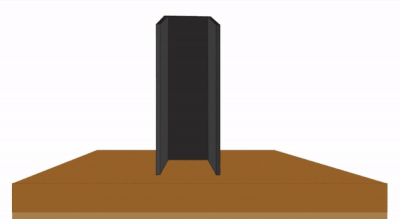
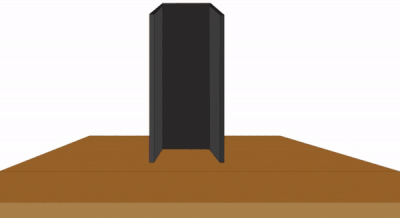
Het benodigde gereedschap bieden wij aan op onze website www.polymerfasteners.com.
Voor polymer fasteners is er zowel pneumatisch als handmatig gereedschap beschikbaar. Voor hardere materialen zal er beter resultaat behaald worden met het pneumatisch gereedschap dan met het handmatig gereedschap.
Ook is het gebruik van het gereedschap iets anders dan voor metaal bevestigingsmateriaal. Plastic bevestigingsmateriaal schiet beter als er precies en stabiel met het apparaat geschoten wordt. Als het apparaat beweegt terwijl er geschoten wordt, dan kan dit ervoor zorgen dat het bevestigingsmateriaal breekt. Het is even wennen, maar je zal zien dat je steeds sneller wordt in het gebruik van het gereedschap.
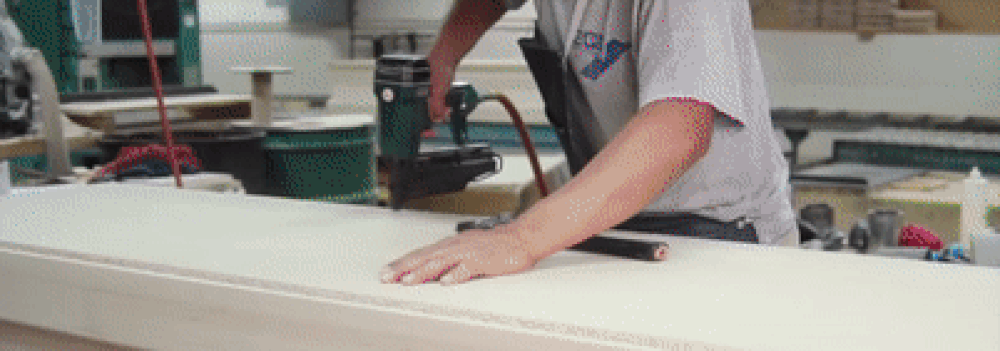
Dit zijn de belangrijkste dingen die je moet weten over plastic bevestigingsmateriaal. Heb je een specifieke toepassing en vraag je je af of polymer fasteners hiervoor geschikt zijn? Onze product specialisten adviseren je graag! Bel naar 0570 768 737 of stuur een mail naar info@bestfix.nl


